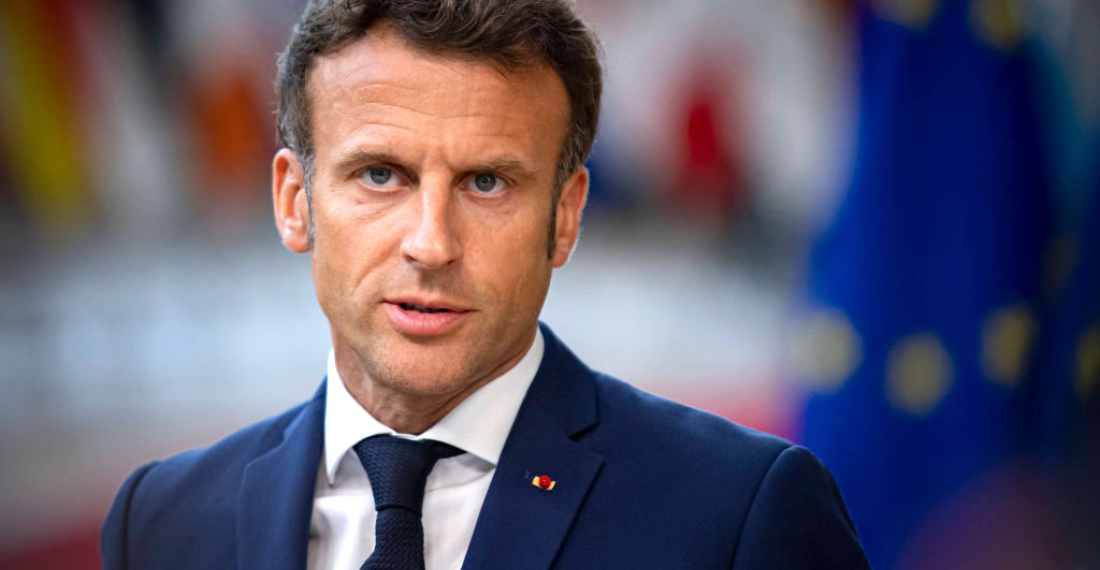French President Emmanuel Macron embarked on a flight to New Caledonia Tuesday night (21 May) to address an ongoing crisis following a violent insurrection on the French territory. The archipelago, over 15,000 kilometres from mainland France, has become a top priority for the government after a week of violent protests left six people dead. The protests, between pro-independence supporters and French loyalists, were triggered by the French National Assembly’s vote to allow all citizens who have been living in New Caledonia for over 10 years to elect the local legislature. Voting in these elections has previously been reserved for citizens who settled in the archipelago before 1998 or their descendants. Pro-independence forces argue that expanding the electorate would further reduce the influence of the indigenous Kanak population, whose share of the population has decreased since France took control of the territory over 170 years ago. Proponents of the reform argue it is a democratic necessity, noting that current rules exclude even certain New Caledonia-born citizens from voting.
The change would require a constitutional amendment and still needs to be approved by lawmakers from both houses of the French parliament during an ad-hoc session. The decision to call such a session belongs to Macron. In a letter to Caledonian representatives, both for and against independence, Macron called the electoral reform a “democratic principle” and stated it was “his responsibility” to call an ad-hoc session. He opened the door to scrapping the planned legislation in favour of broader constitutional reform if local political forces can reach an agreement. As Macron heads over, his strategy remains the same: adopt a “listening posture” but push for a vote before July unless an imminent agreement is possible. This is a delicate balance for Macron because postponing the vote could be seen as caving to violence.
Previous attempts at mediation have been unsuccessful: a video meeting between Caledonian lawmakers on both sides of the independence debate and Macron was cancelled last week, with the French presidency citing the local officials' unwillingness to communicate. The pro-independence Kanak and Socialist National Liberation Front stated that “the only answer to this crisis is a political one” and called on the French state to set up “a final stage in the independence process.”







